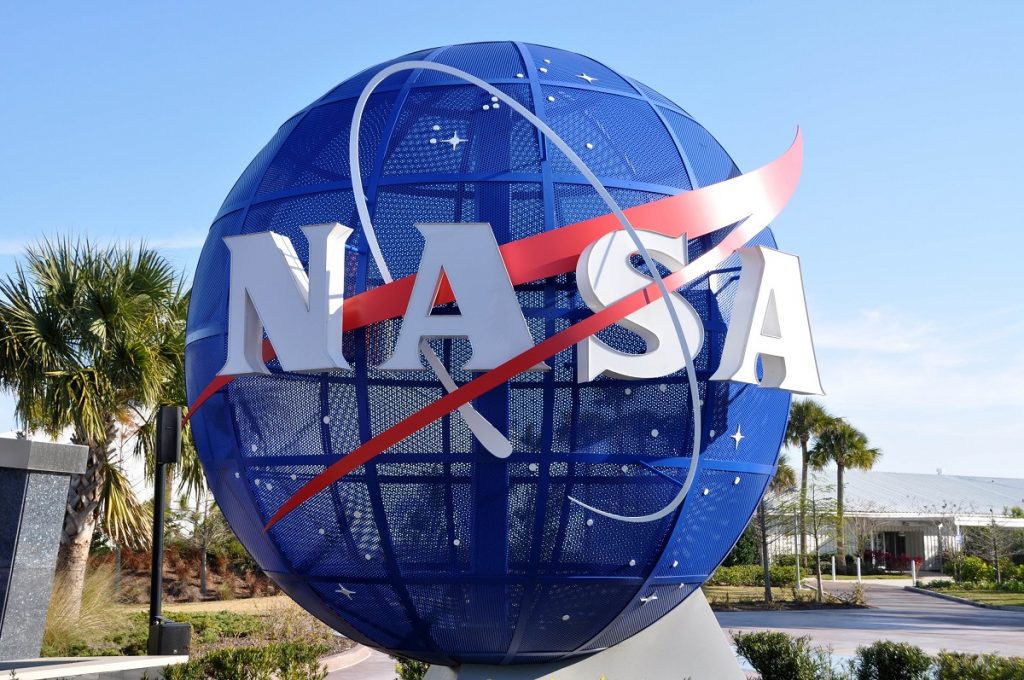
The results of a NASA study involving twin astronauts are allowing scientists to formulate new questions about the impact that traveling in space has on the human body. The NASA Twins Study, involving NASA astronaut Scott Kelly and his identical twin brother, former astronaut Mark Kelly, was designed to see what bodily changes would be observed during extended spaceflight. Scott Kelly spent 340 days in space on the International Space Station as part of the study, setting a U.S. record.
NASA scientists compared Scott’s health with that of his earthbound twin brother to gauge the potential impact of exposure to weightlessness and space radiation during longer space missions. They found that Scott had a hyperactive immune system response, higher levels of mitochondria in his blood, and a heightened rate of DNA repair in his genes. The scientists are unsure whether the changes were good or bad and say that further research is needed.
The scientists noted that many of the changes that they observed quickly reverted to the pattern that existed before Scott’s nearly year-long visit to space. However, 7 percent of the changes noted in gene expression persisted up to six months after the flight ended, which was the end of the study period. The researchers did note that the results had not raised any red flags about long-term spaceflight on the International Space Station.
The NASA Twins Study was an once-in-a-lifetime opportunity to track the details of how human biology changes in space versus here on Earth. Researchers are still poring over the data. Detailed findings from the study will soon be released in a series of peer-reviewed papers.
NASA has studied the effects of space on astronauts’ bodies since the beginning of space exploration. Over the years, they have found that being in space for an extended period of time causes a reduction in bone density, a reduction in muscle mass, and reduction in eye function. The astronauts tested in previous studies spent about 6 months in space on their mission. Scott Kelly roughly doubled that number.
